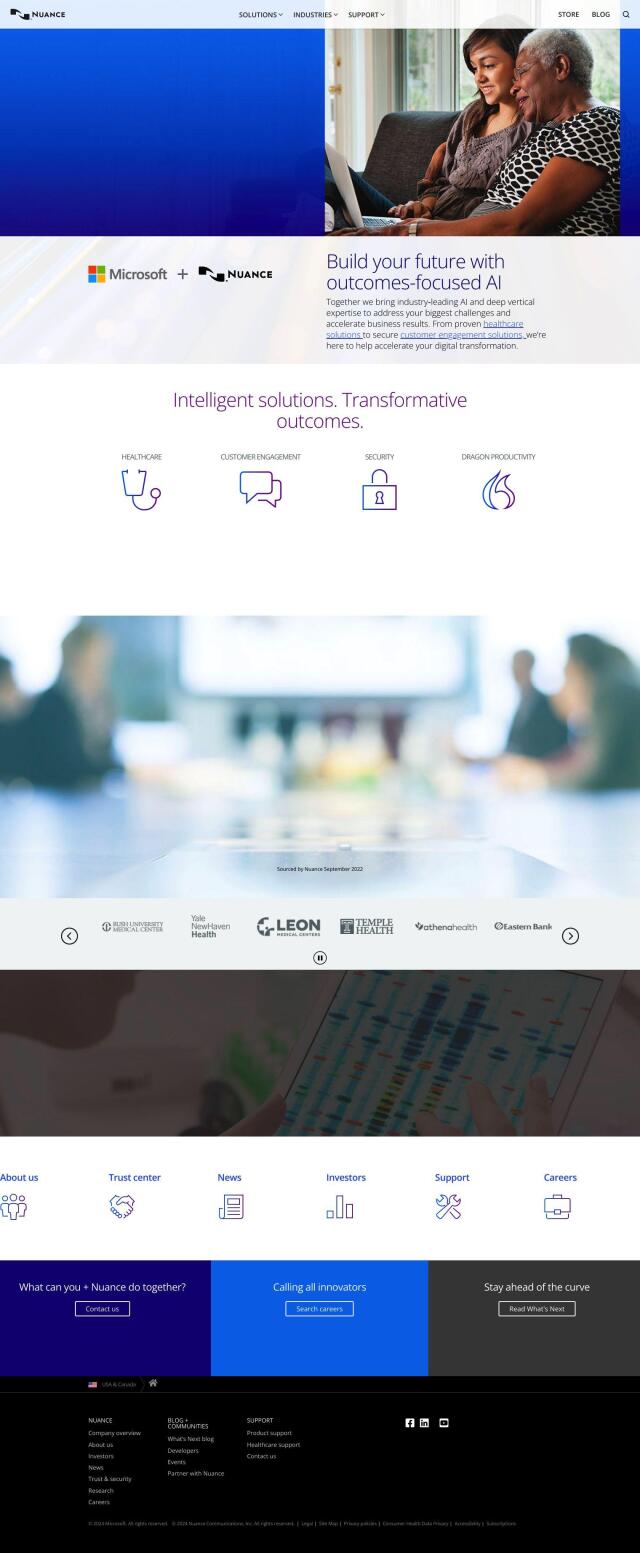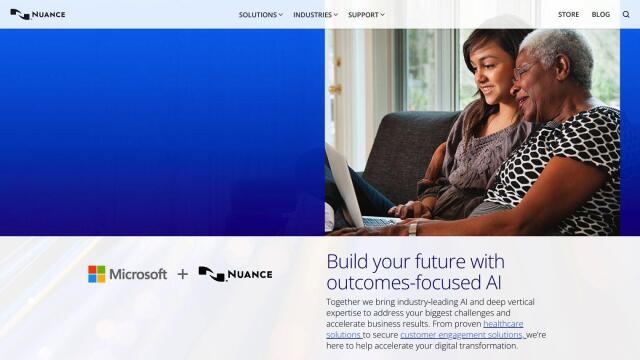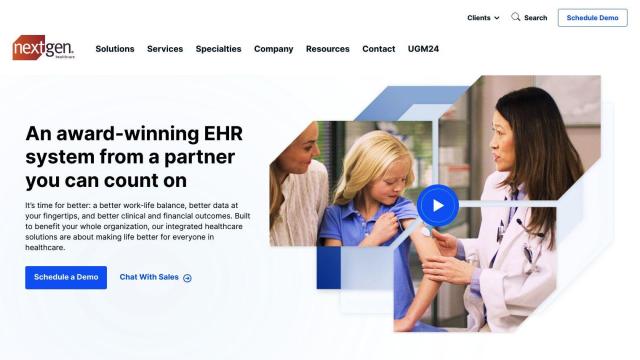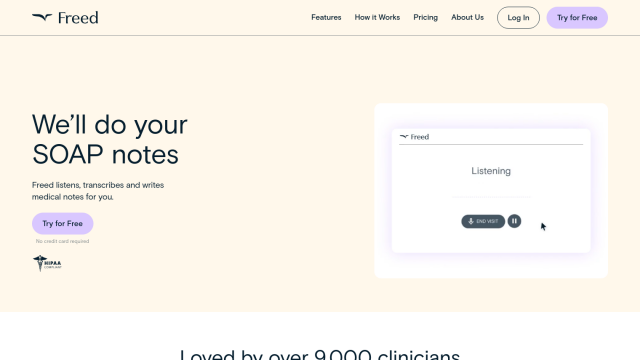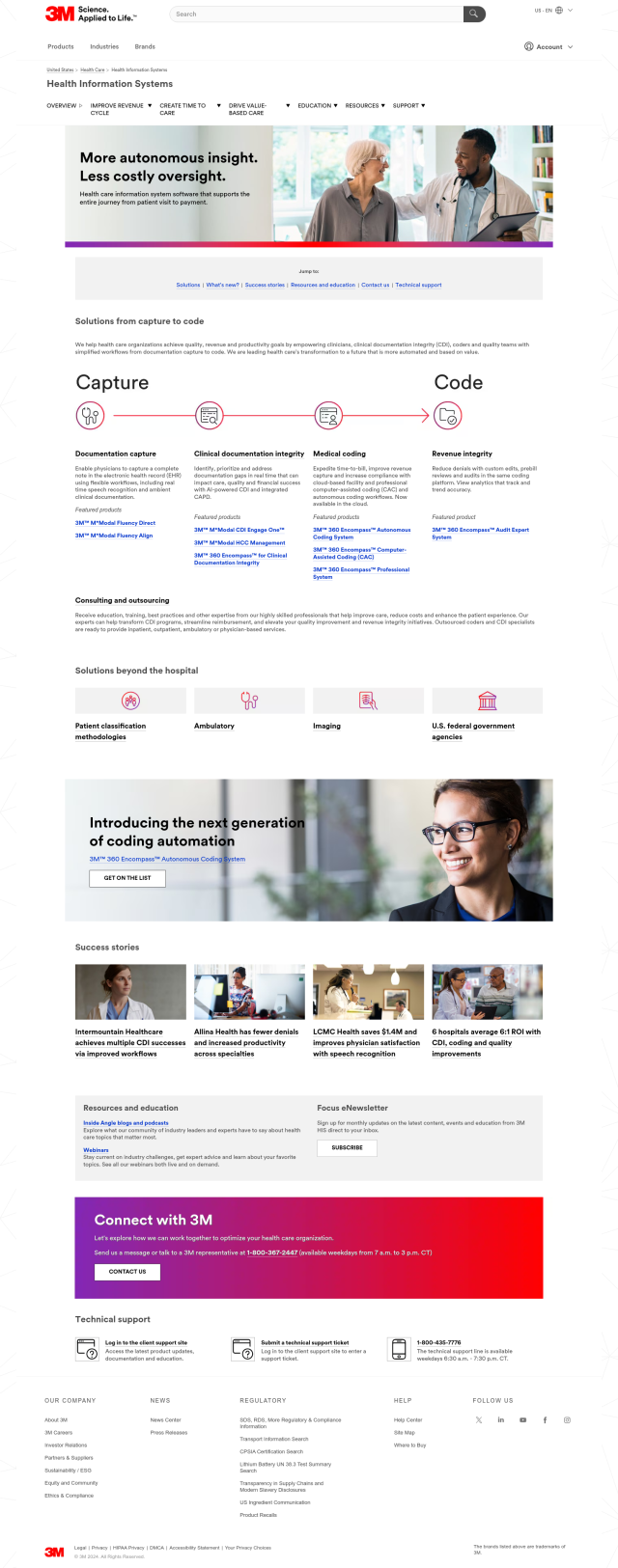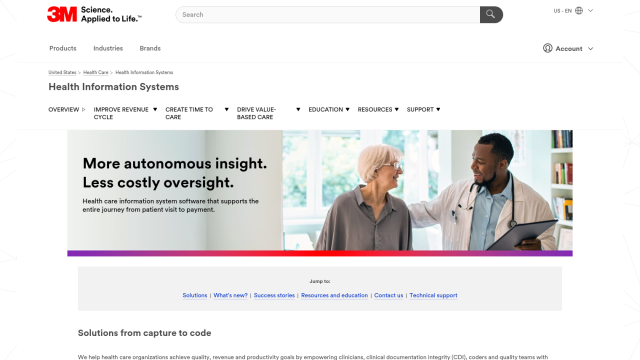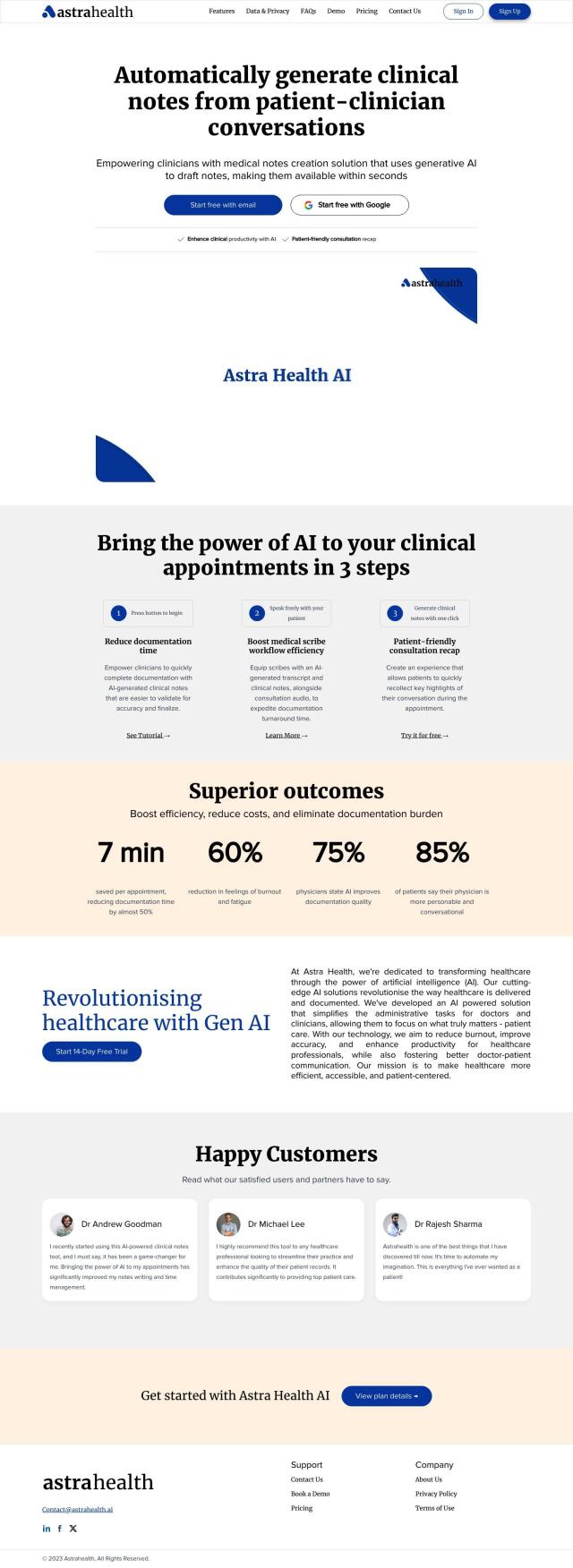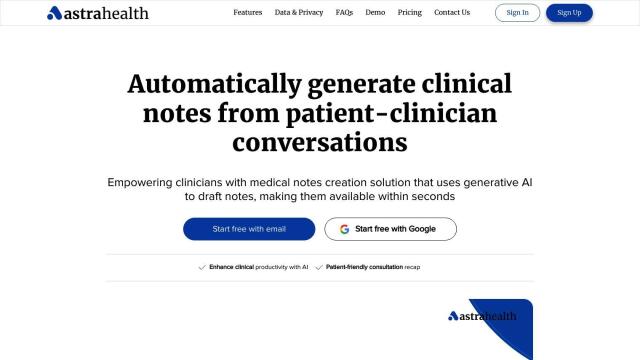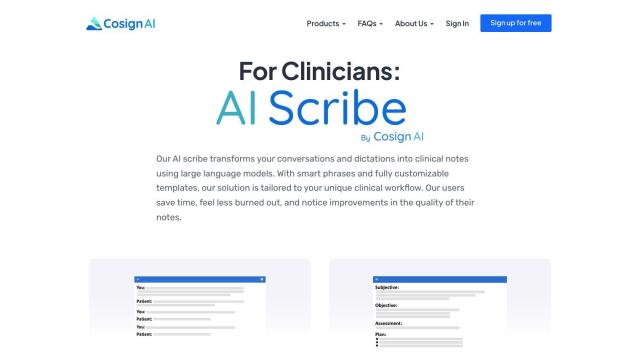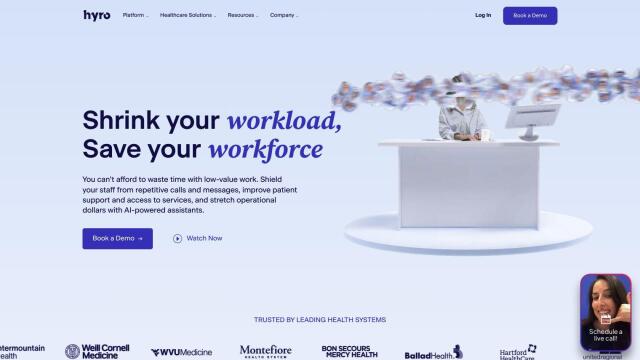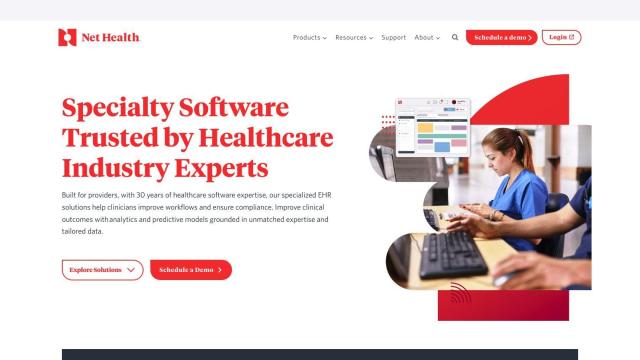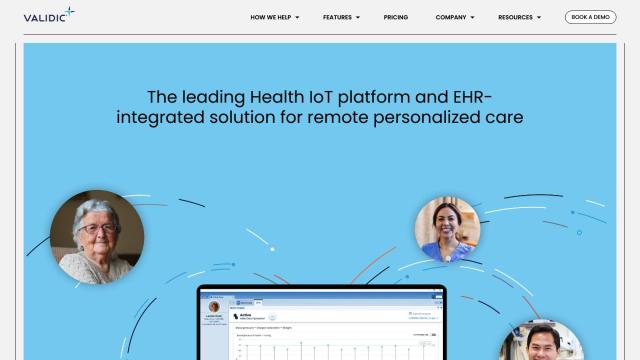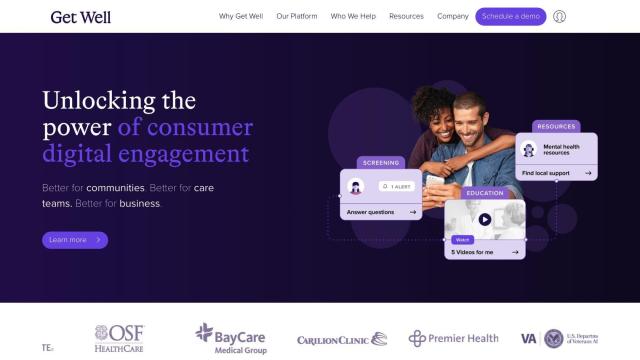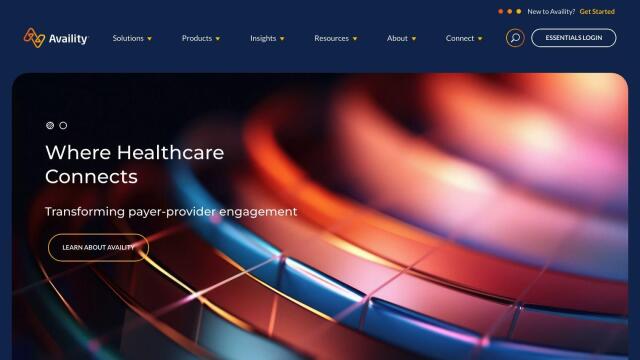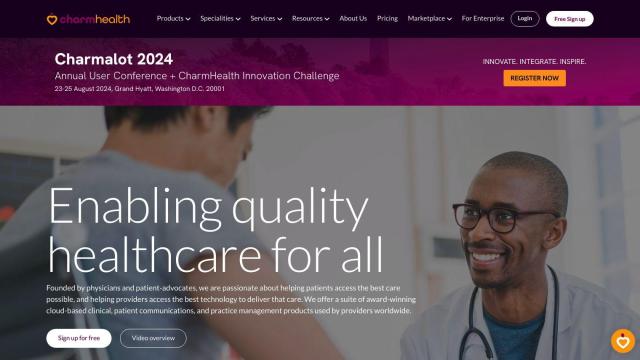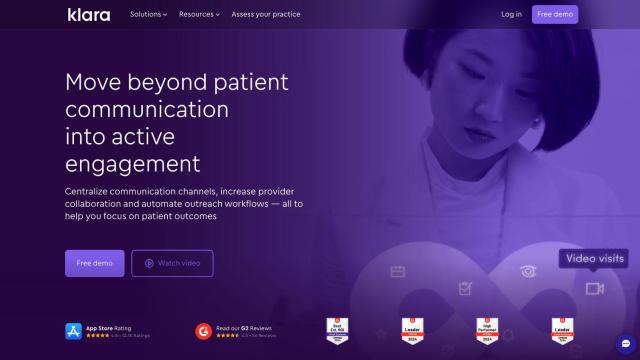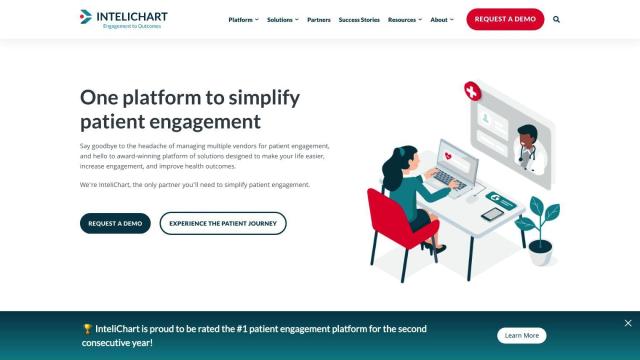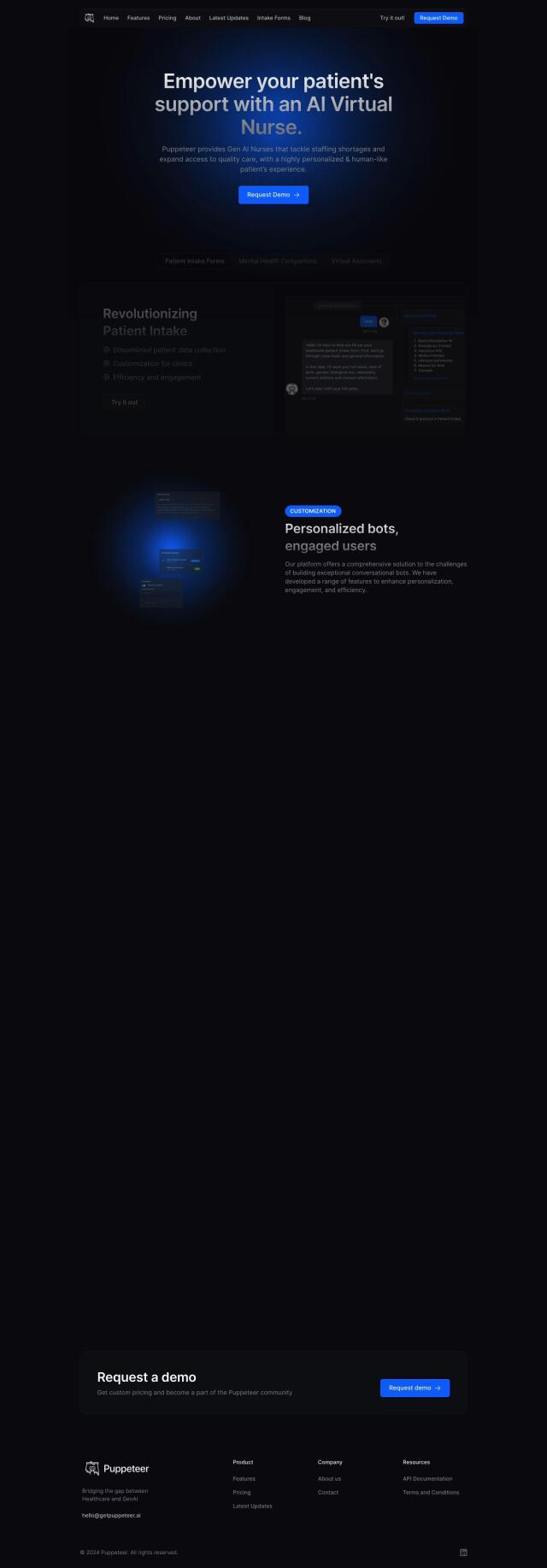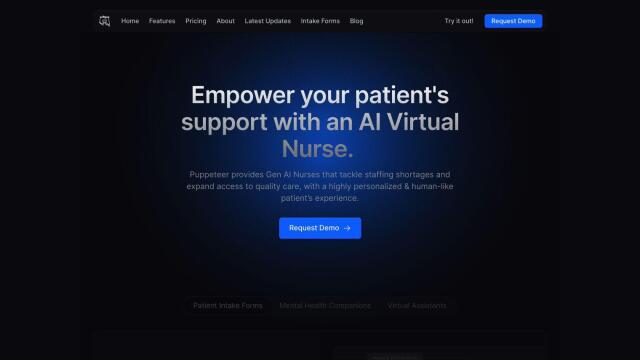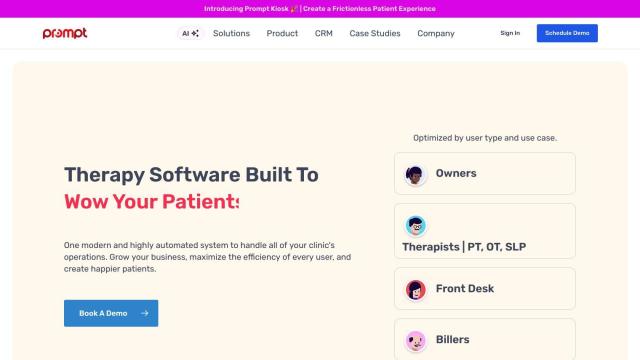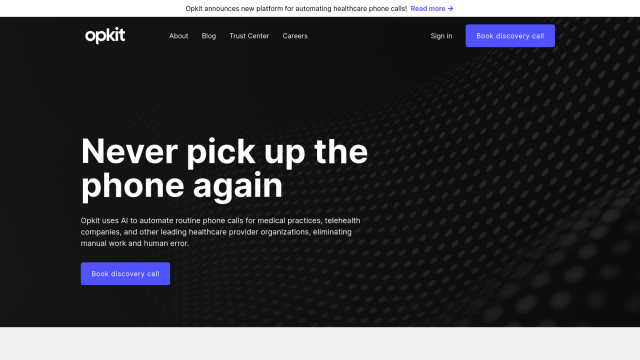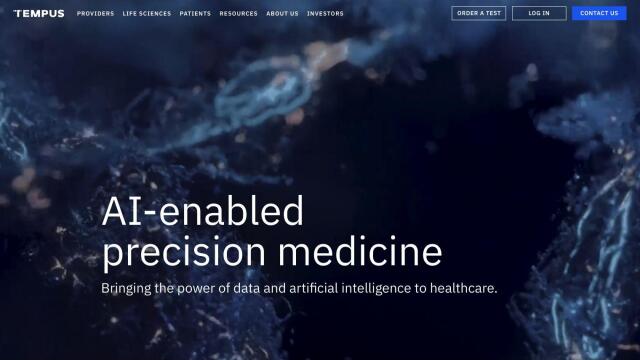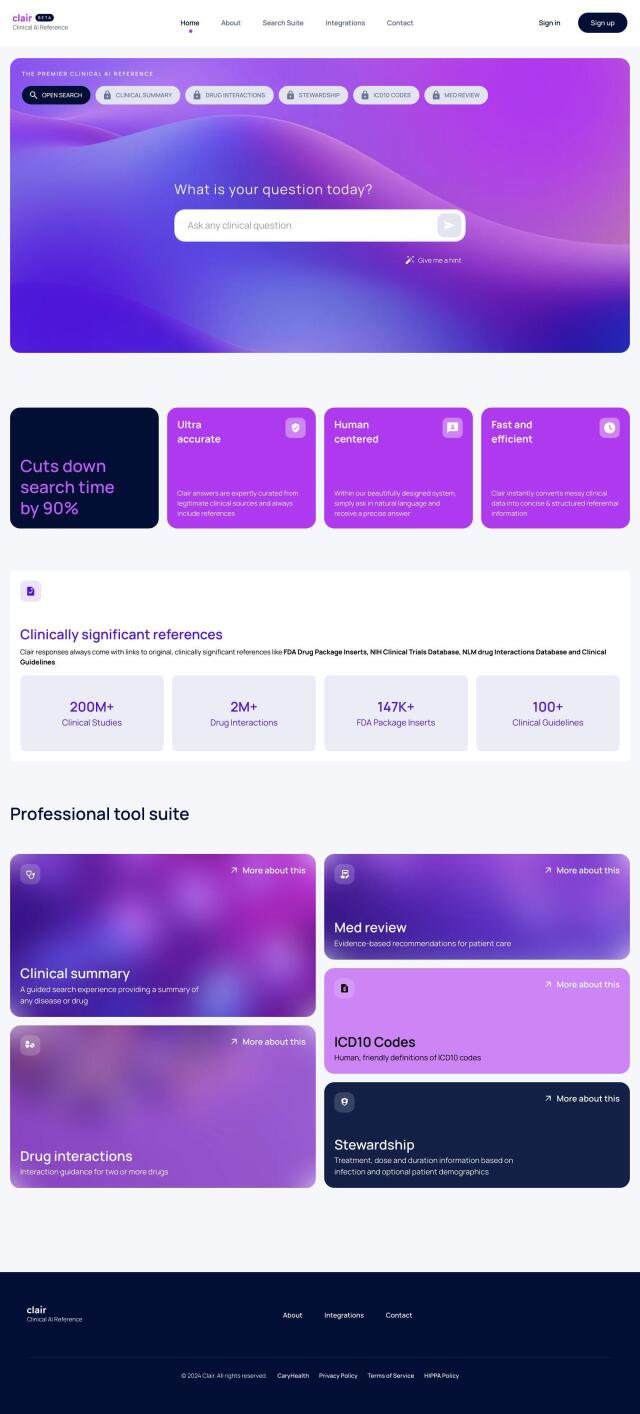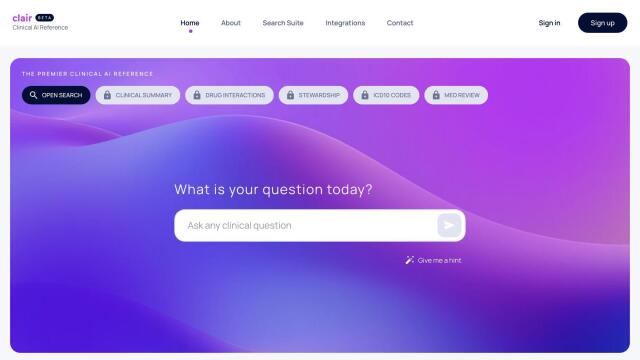Question: How can I improve surgical scheduling and discharge planning in my healthcare organization?

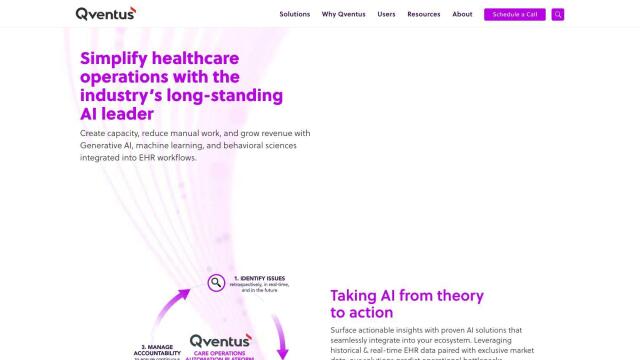
Qventus
If you're looking to optimize your healthcare organization's surgical scheduling and discharge planning, Qventus is a powerful option. This platform uses AI, machine learning and behavioral science to optimize patient flow and operations within electronic health record (EHR) workflows. It automates tasks, predicts operational constraints and recommends actions to free up capacity and reduce manual work. Qventus has seen improvements in surgical scheduling, discharge planning and overall operations, and can be used in a variety of care settings.

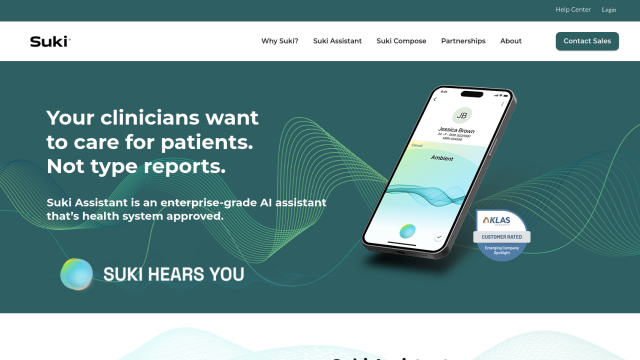
Suki
Another option is Suki, an AI-powered voice assistant designed to liberate clinicians from administrative work. Suki can generate ambient notes, dictate text, suggest coding and answer questions. It automates clinical workflows across multiple specialties. Deep integrations with big EHR systems like Epic and Cerner ensure communication and data exchange. By cutting down on documentation time, Suki can help clinicians spend more time with patients and improve patient care and reduce burnout.

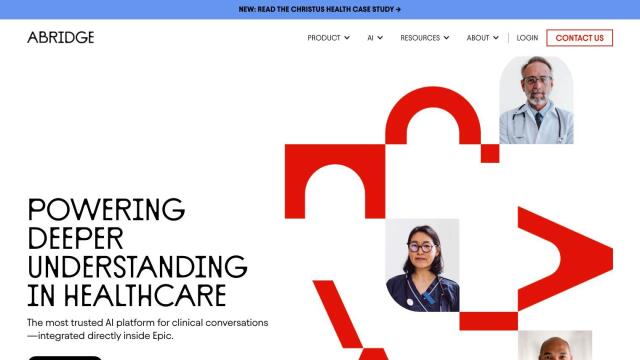
Abridge
If you want real-time note generation and to take some of the burden off documentation, check out Abridge. This generative AI platform converts clinical conversations into structured notes that are directly integrated with Epic systems. Abridge supports multiple languages and clinically validated summaries across multiple specialties, helping healthcare providers understand and work more efficiently. By saving clinicians hours each month, Abridge hopes to reduce burnout and improve care quality.

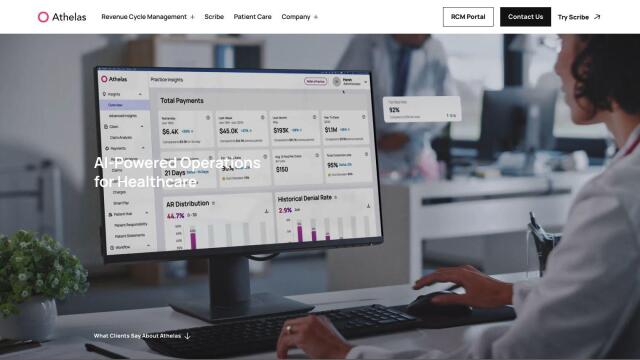
Athelas
Finally, Athelas has a suite of AI-powered tools to automate healthcare operations and free up staff to focus on patients. Athelas includes tools for revenue cycle management, transcription and patient care monitoring. With real-time insights and integration with more than 20 EHRs, the platform can automate a lot of clinical and administrative tasks, improving patient care and productivity.
